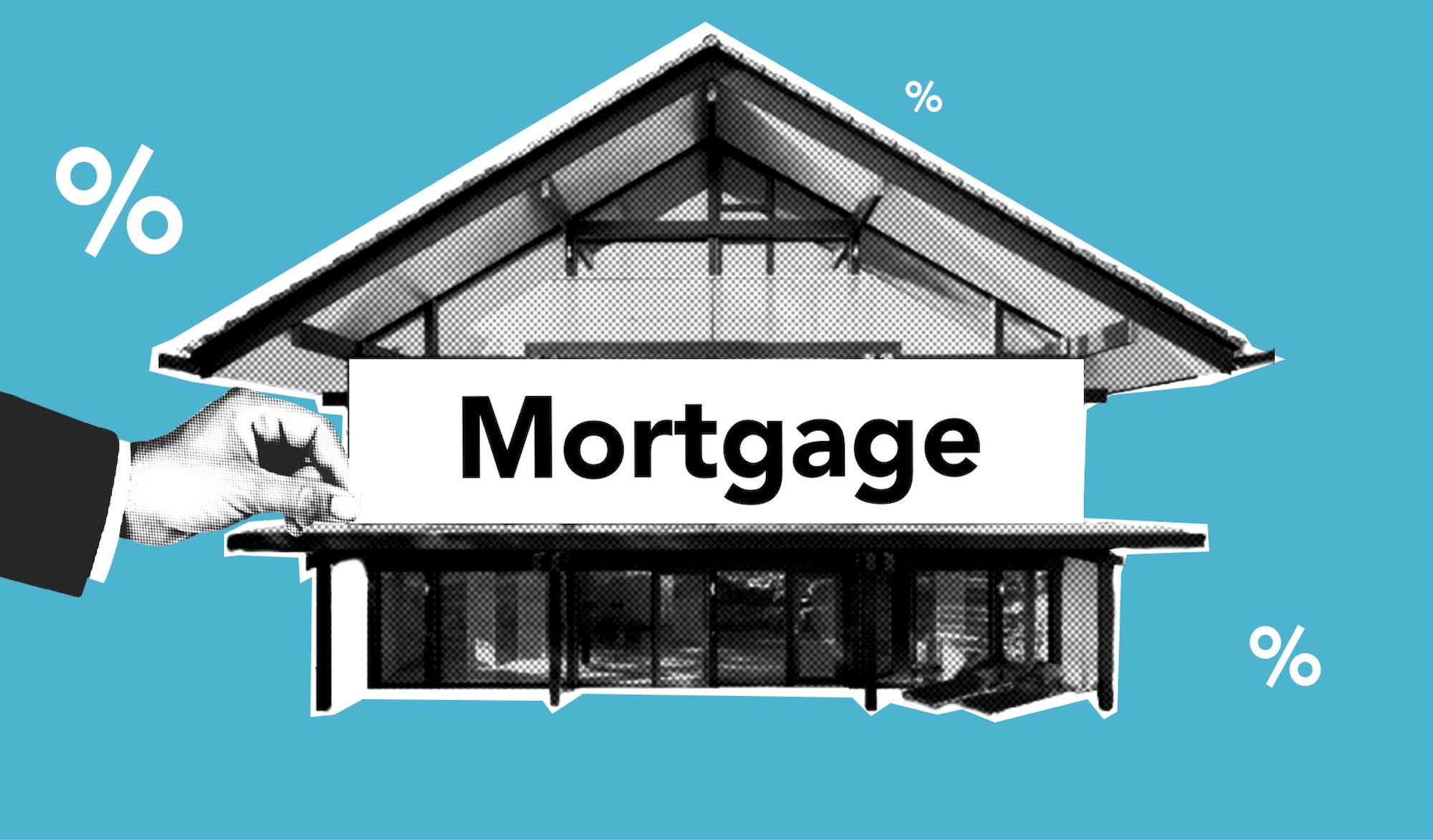The Government has been urged to consider a new approach to the state pension, designed to provide a basis for financial security in retirement and ensure the state pension has a sustainable long-term future.
A report, published as part of the Institute for Fiscal Studies’ Pensions Review, in partnership with Abrdn Financial Fairness Trust, suggested that the Government should state what it believes to be an appropriate level for the new state pension relative to average earnings.
Having set a target, the report said that the Government should then legislate a pathway to meet it with a specific timetable.
The state pension currently stands at 30% of median full-time earnings, which is its highest share since at least 1968, although the IFS pointed out that it still remains less generous than state pensions provided in many other advanced economies that have much more limited provision of private pensions.
In addition to this, the IFS argued that while there are strengths to the current state pension system, not least its simplicity, there are a number of longer term challenges.
In particular, it argued that the ageing population will add considerable pressure on public finances in coming decades, with projections suggesting that by 2050 the number of people above the state pension age will rise by 25% compared with today.
It also warned that if the Government looks to rein in state pension spending, relying only on raising the state pension age would hit those with lower life expectancy, such as poorer people, harder.
Despite the perceived simplicity of the current state pension, the IFS' research found that there is a mixture of confusion and pessimism about the state pension amongst savers, as 38% don't expect the state pension to keep up with inflation over the next ten years.
Pessimism was also widespread, as a third of people said that they do not think the state pension will exist in 30 years’ time.
And whilst the report acknowledged there is naturally a debate about the right level of the state pension, it argued that the current ‘triple lock’ indexation policy pushes up the value of, and spending on, the state pension over time in a way that creates uncertainty around its level relative to average earnings, and for the public finances.
Given this, the report suggested that the Government consider a new ‘four-point pension guarantee’ to provide greater certainty and confidence over what people can expect to receive from the state pension.
In particular, the IFS suggested that once the state pension has reached its target level, increases in the state pension should in the long run keep pace with growth in average earnings, which ensures that pensioners benefit when living standards rise.
It also recommended that, both before and after the target level is reached, the state pension should continue to increase at least in line with inflation every year.
It also argued that the state pension should not be means-tested, and that state pension age should only rise as longevity at older ages increases, and never by the full amount of that longevity increase.
In addition to this, it suggested that, to increase confidence and understanding, the Government should write to people around their 50th birthday stating what their state pension age is expected to be, with their state pension age then fully guaranteed 10 years before they reach it.
Commenting on the proposals research economist at the IFS and author of the report, Heidi Karjalainen, said: "A commitment by the Government to a set level of the new state pension relative to average earnings would ensure that pensioners continue to benefit from higher state pensions as living standards rise.
“Under our suggested guarantee, they would also be protected from falls in their purchasing power when inflation is high or earnings growth is very weak.
“In choosing a target, the Government would have to balance carefully the benefits of a higher state pension income, and the cost to the public finances of providing the pension.’
Chief executive officer at Abrdn Financial Fairness Trust, Mubin Haq, added: "The state pension is a fundamental part of our social contract with Government.
"We all want to feel confident it is secure. However, without assurances about its future, Government risks undermining the public’s trust in its sustainability. The Government made a bold decision to link the National Living Wage to earnings which has cemented support for this policy.
"A similar measure is now needed for the state pension to deliver the financial security and living standards we all need in retirement."
The proposals have also been welcomed by a number of industry organisations, with director of policy at People's Partnership, Phil Brown, highlighting the report as a "major contribution to the debate but what we need now is a broader framework for pension adequacy".
"Without that framework, it’s very difficult to reach conclusions about the right future level of the state pension and the means by which it should be uprated as well as whether the level of workplace pension saving is enough," he stated.
Adding to this, director of policy and advocacy at Pensions and Lifetime Savings Association (PLSA) , Nigel Peaple, said that the proposals merit "careful consideration".
“Making up the majority of most pensioners’ income, the state pension, today worth £10,600, plays a vital role in protecting everyone from poverty in retirement," he continued.
"This is why in the PLSA’s recommendations for reform of the UK’s pension system, Five Steps to Better Pensions published in October, we said that the state pension should be set at a value to protect everyone from poverty in retirement and cover all basic needs.
"Some aspects of today’s IFS proposals adopt a similar approach as they call on Government to set a clear objective for the state pension, although they suggest that it should be linked to a percentage of median earnings rather than a living standards level, and that it be uprated generally in line with earnings growth while also including a mechanism to protect against high inflation.
"While these proposals are not identical to our own, they do aim to set an enduring and stable settlement and potentially result in very similar retirement income outcomes. We welcome these additional proposals and believe they merit careful consideration."
Latest News
-
Average UK house price surpasses £300k – Halifax
-
Bank of England holds base rate at 3.75%
-
Mortgage Advice Bureau acquires Dashly
-
Bridging loans fall to lowest average completion time in eight years
-
Regulators announce first six firms to join ‘Scale-Up Unit’
-
House prices recover month-on-month in January – Nationwide
Perenna and the long-term fixed mortgage market

Content editor, Dan McGrath, spoke to head of product, proposition and distribution at Perenna, John Davison, to explore the long-term fixed mortgage market, the role that Perenna plays in this sector and the impact of the recent Autumn Budget
The role of the bridging market and technology usage in the industry
Content editor, Dan McGrath, sat down with chief operating officer at Black & White Bridging, Damien Druce, and head of development finance at Empire Global Finance, Pete Williams, to explore the role of the bridging sector, the role of AI across the industry and how the property market has fared in the Labour Government’s first year in office.
NEW BUILD IN FOCUS - NEW EPISODE OF THE MORTGAGE INSIDER PODCAST, OUT NOW

Figures from the National House-Building Council saw Q1 2025 register a 36% increase in new homes built across the UK compared with the same period last year, representing a striking development for the first-time buyer market. But with the higher cost of building, ongoing planning challenges and new and changing regulations, how sustainable is this growth? And what does it mean for brokers?
Does the North-South divide still exist in the UK housing market?

What do the most expensive parts of the country reveal about shifting demand? And why is the Manchester housing market now outperforming many southern counterparts?
In this episode of the Barclays Mortgage Insider Podcast, host Phil Spencer is joined by Lucian Cook, Head of Research at Savills, and Ross Jones, founder of Home Financial and Evolve Commercial Finance, to explore how regional trends are redefining the UK housing, mortgage and buy-to-let markets.
In this episode of the Barclays Mortgage Insider Podcast, host Phil Spencer is joined by Lucian Cook, Head of Research at Savills, and Ross Jones, founder of Home Financial and Evolve Commercial Finance, to explore how regional trends are redefining the UK housing, mortgage and buy-to-let markets.
© 2019 Perspective Publishing Privacy & Cookies










Recent Stories